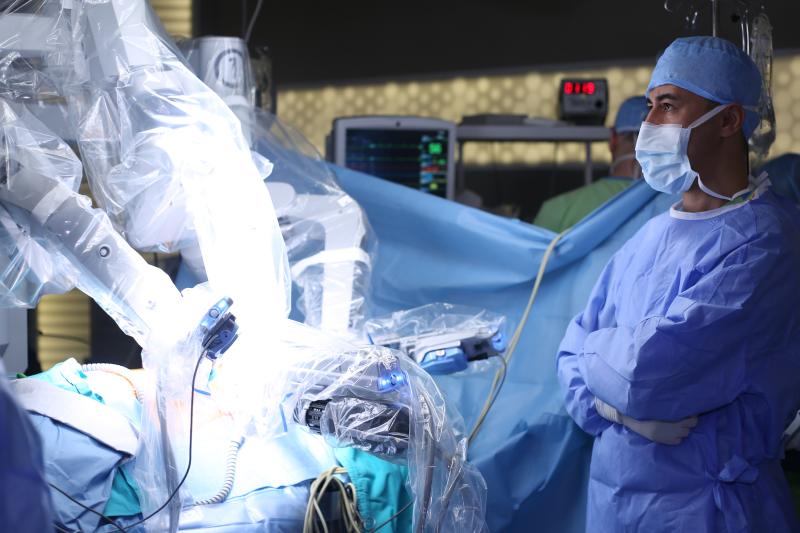
The timing of sunitinib administration has no bearing on the risk of surgical complications after cytoreductive nephrectomy (CN), a recent study has found.
The study included 46 patients who underwent immediate CN followed by sunitinib administration, and 36 who received sunitinib first before undergoing deferred CN 24 hours later. Study outcomes included in-hospital mortality, 30-day readmission rate, and 30-day and intraoperative adverse events (AEs).
Surgery-related AEs occurred in 52 percent and 53 percent of the patients in the immediate and deferred CN arms, resulting in a null difference in rates (0.77, 95 percent CI, –20.4 to 21.8). Disaggregation according to AE grade did not result in a meaningful change in patterns. The number of intraoperative complications, however, was higher in patients who underwent immediate CN.
Among the grade 3–5 AEs reported were bleeding, pancreatic and bowel damage, and splenectomy. There was one documented death, caused by cardiac arrest.
Grade 3–4 postoperative AEs also occurred with comparable frequencies between the immediate and deferred CN arms (17 percent vs 17.5 percent; difference in rates, 0.1, –15.8 to 16.8). The same was true for 30-day readmission (9 percent vs 5 percent; difference in rates, 3.7, –8.9 to 15.9) and in-hospital mortality (difference in rates, 0.3, –9.1 to 10.9) rates.
“Based on the updated [European Association of Urology] guideline recommendations for CN and systemic therapy, it is important to recognize surgical side effects that may be related to pretreatment with angiogenesis inhibitors,” said researchers.